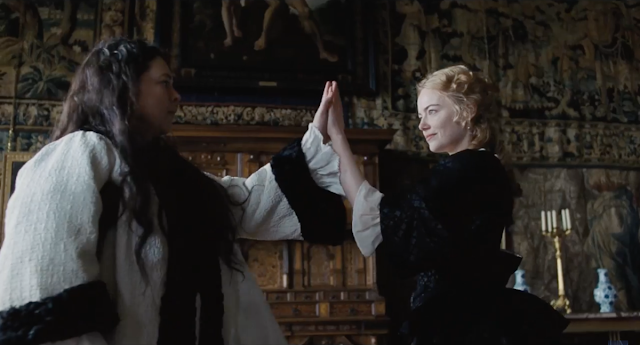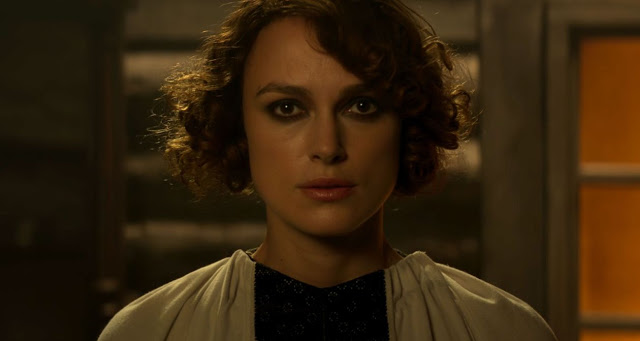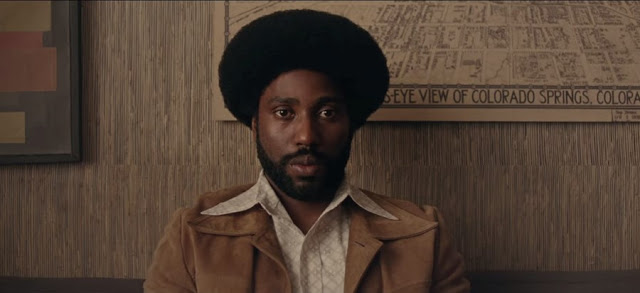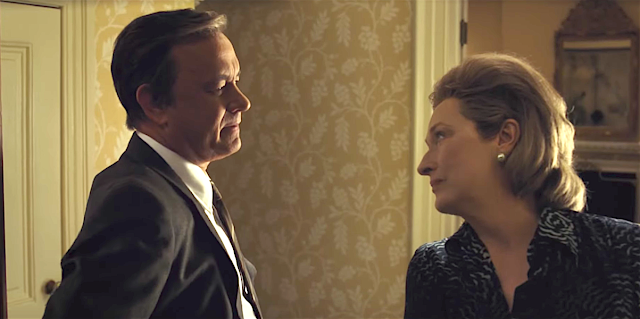Roma: Maid in Mexico, Made with Beauty
Early in Alfonso Cuarón’s Gravity, two astronauts frantically attempt to propel themselves back to a docking station by way of a jetpack, their tiny white suits looking like stars that dot the infinite blackness of space. Early in Roma, Cuarón’s new film for Netflix, a man slowly pulls his car into a narrow garage, repeatedly rotating his wheels and pulling in his mirrors to avoid scraping the walls. As parking jobs go, the stakes here are rather less severe, given that the man is seeking to avoid minor property damage rather than trying to cheat death; it’s a scene about a Ford Galaxie, not, you know, the galaxy. But Cuarón’s camera captures the process with the same spooky intimacy, locking on the sedan’s boxy corners and bulky wheels as they swivel to and fro, searching for safety. The director’s craftsmanship never wavers, whether he’s chronicling explorers careening into space or cars rolling over dog shit.
In empirical terms, Roma is a smaller film than Gravity, Children of Men, or Harry Potter and the Prisoner of Azkaban; it doesn’t make heavy use of thriller tropes or special effects, and it doesn’t take place in dystopian or fantastical worlds where humanity’s very survival is at risk. But it shares with those movies a certain philosophical principle, the persistent belief that cinema is a tool for telling thorny, personal stories on a grand scale. In some ways, Roma is a low-key family drama, but if its narrative occasionally verges on mundane, its technique is never less than extraordinary. Read More





